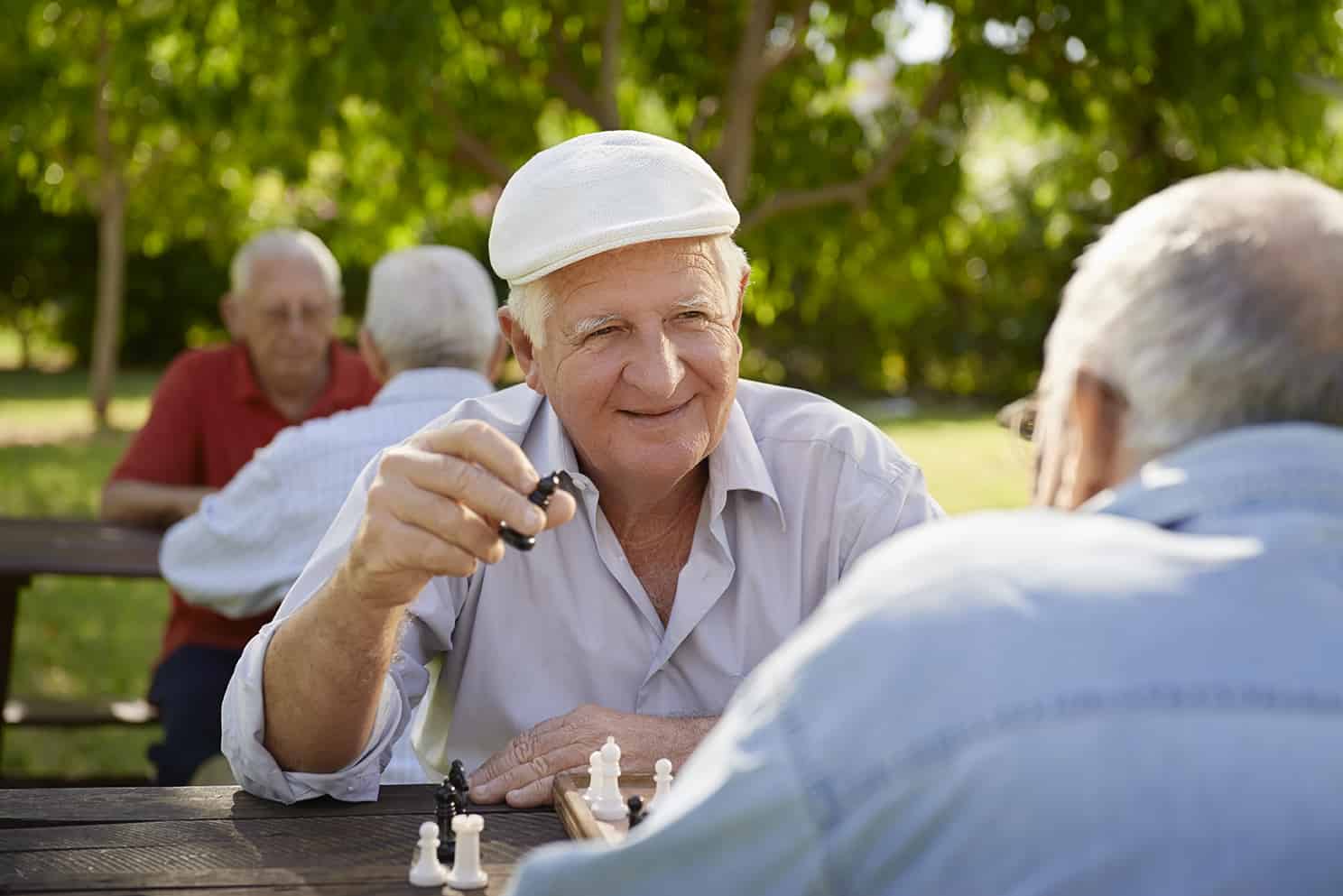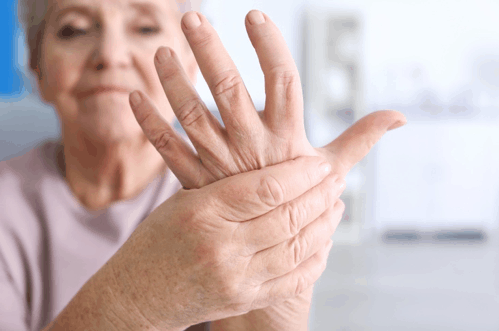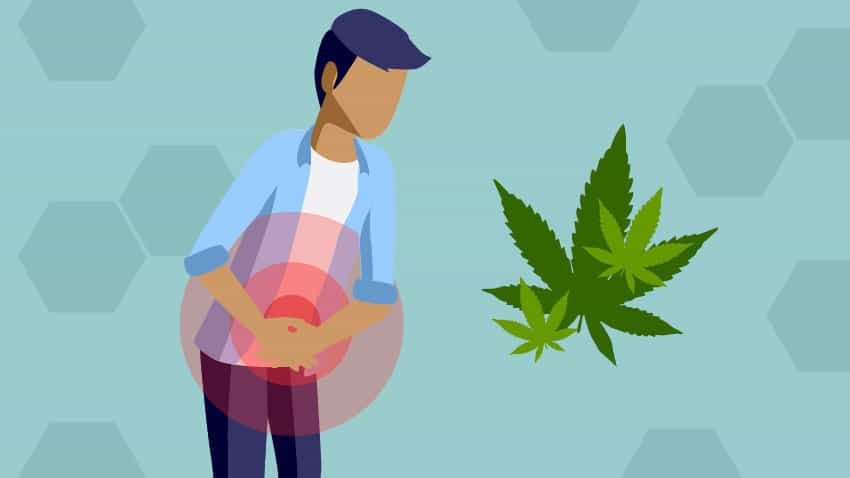Survey of oncologists finds knowledge gap on medical marijuana
As more states legalize medical marijuana, two key groups — researchers whose job is it to understand its benefits and drawbacks, and physicians charged with advising potential users — are struggling to catch up with policymakers.
Ilana Braun, an assistant professor of psychiatry at Harvard Medical School and chief of the division of adult psychosocial oncology at the Dana-Farber Cancer Institute, led a survey of cancer physicians around the country, exploring their attitudes and actions on medical marijuana.
The survey was sent to 400 oncologists, with a 63 percent response rate. We asked Braun to outline her findings, which were published last month in the Journal of Clinical Oncology.
Stories you may be interested in
PTSD: Is There Any Relief?
In honor of PTSD awareness month, let’s take a look at the debilitating mental health condition and how medical marijuana could help.Post-traumatic stress disorder is a mental health condition caused by witnessing or experiencing a traumatic event. It is understandable for one to be taken aback and impacted by a traumatic event, but if specific…
Read More Medical Marijuana a Hit With Seniors
In a new survey, those who turned to it for treating chronic pain reported it reduced pain and decreased the need for opioid painkillers. Nine out of 10 liked it so much they said they’d recommend medical pot to others. “I was on Percocet and replaced it with medical marijuana. Thank you, thank you, thank you,” said one senior. Another patient put…
Read More After marijuana edibles helped dying Holocaust survivor battle Alzheimer’s, his family’s foundation pushes for more research
A Massachusetts family’s experience giving marijuana edibles to their dying patriarch is set to kick off a desperately needed investigation into how cannabis might treat some of the more troubling symptoms of Alzheimer’s disease, a condition that affects 5.7 million Americans. Read the full story here.
Read More Norfolk research company plans clinical trials using medical marijuana
Eighteen months after receiving a broad federal license for importing medical cannabis, a Norfolk research company is about to embark on a series of critical studies into a variety of medical and mental disorders, diseases and conditions. Sanyal Biotechnology is already considering proposals for research campuses and planning its first clinical trial for this summer.…
Read More Assessing Health-Related Outcomes of Medical Cannabis Use among Older Persons: Findings from Colorado and Illinois
ABSTRACT Objectives To assess health-related outcomes associated with medical cannabis use among older patients in Colorado and Illinois enrolled in their home state’s medical cannabis program. Methods Cross-sectional data from anonymous surveys were collected from 139 persons over the age of 60 using medical cannabis in the past year. We used structural equation modeling (SEM)…
Read More Cannabis for Treating IBD: Hope or Hype?
Nausea, abdominal pain and changes in appetite. These are all things that can significantly impact one’s wellbeing if left untreated, yet they have all shown marked improvements when associated with cannabis. Yet, less is known about the effects of cannabis on inflammatory bowel disease, or IBD, a chronic inflammatory condition that impacts the gastrointestinal tract…
Read More 




